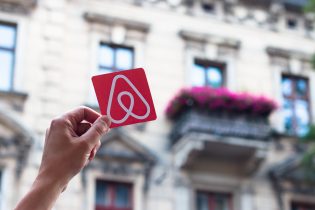Everything You Should Know About the New NYC Airbnb Law
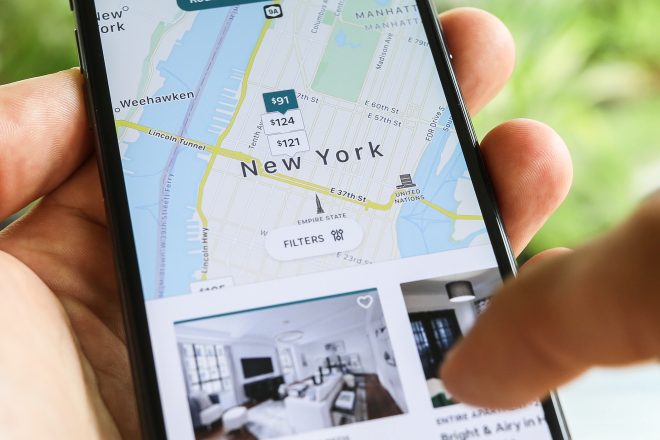
New York’s property laws may seem ever-changing. Can you rent out your apartment? For how long? And what about those new Airbnb laws just passed in Albany? On this page, we will explain everything you need to know about the new NYC Airbnb Law and what that means for you, your property, and your ability to sublease your apartment.
The Short Term Rental Registration Law
Beginning on March 6, 2023, New York City’s new Airbnb law–called the Short Term Rental Registration Law–went into effect. This law has created a new registration requirement for all hosts. In order to legally rent out a home or apartment via Airbnb, Booking.com, VRBO, or any other booking platform, host will need to submit the following to the New York City Office of Special Enforcement (OSE):
- Full legal names of all residents on the property
- The unit’s lease or proof of permanent status
- Proof of compliance with zoning requirements
- Proof of compliance with building codes
- Proof of compliance with safety regulations.
In layman’s terms, this law would require hosts to prove that they are abiding by the laws that already exist, and it will penalize them if they fail to do so. Hosts who provide proof will be registered and then they will have to include their valid registration number in every listing.
Consequences for Noncompliance with New Airbnb Law
If hosts fail to meet these requirements, then their credentials with the booking platform will be stripped. Additionally, the booking platform will be barred from processing any payments to the host. Hosts may also be fined up to $5,000.
Interestingly, the booking platform will also be penalized if they fail to comply with the Short Term Rental Registration Law. This creates incentive on both sides of the transaction to abide by these new rules.
Reasons for the New NYC Airbnb Law
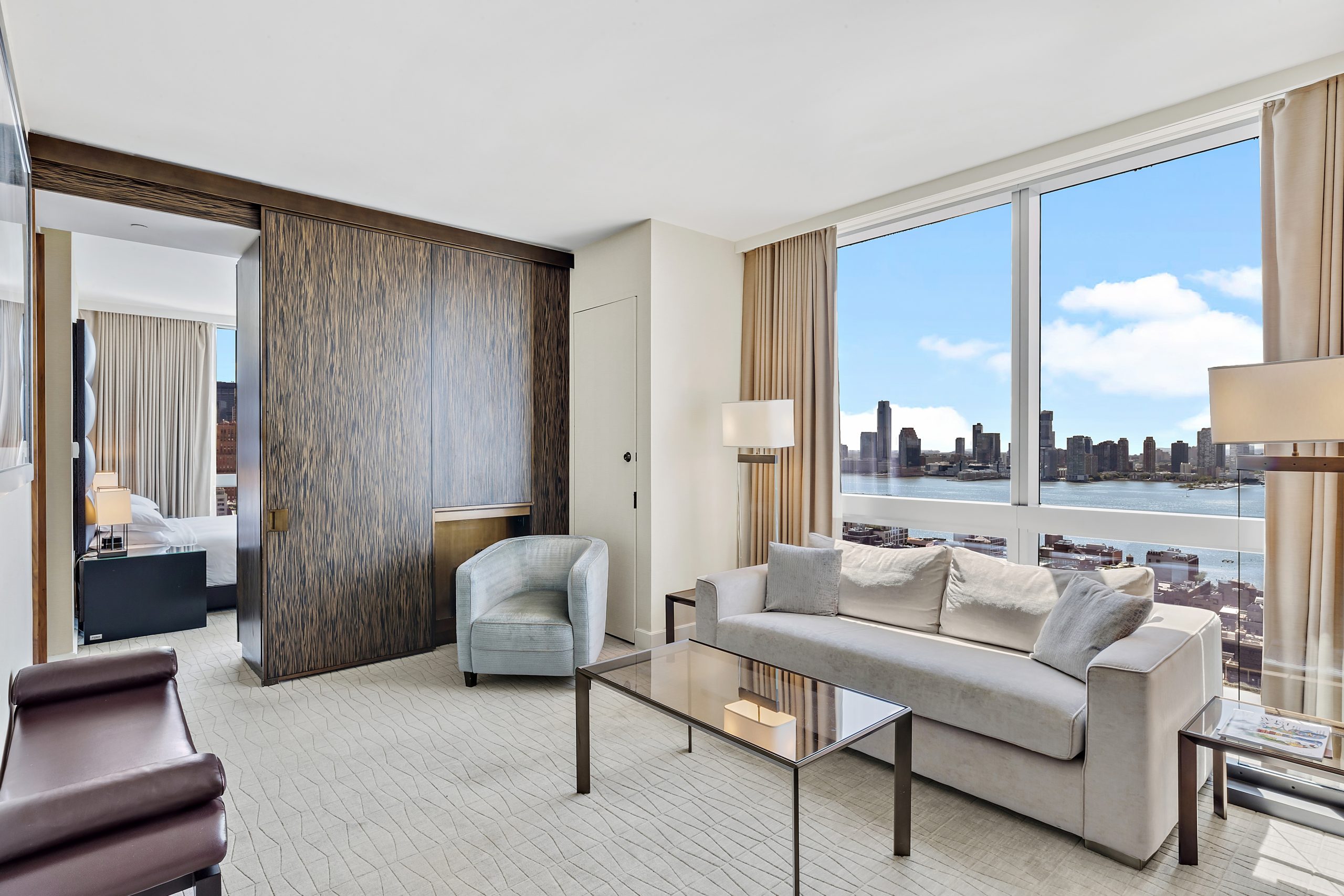
Why did New York create this new Airbnb law? According to City Council Member Ben Kallos, the sponsor of the law, this new registration policy will reduce the number of illegal Airbnb rentals in New York City. Before the bill passed, there were 37,000 rentable NYC units listed on Airbnb. More than half of those were for full homes, which are oftentimes illegal rentals.
By requiring hosts to register and provide proof, Kallos hopes to reduce these illegal listings to create more affordable housing. How? Well, since unoccupied, illegal Airbnb units tend to sit empty when they are not rented, they are taking up valuable space that could be filled with New Yorkers hungry for more housing.
Other NYC Airbnb Laws for Short Term Rentals
The Short Term Rental Registration Law is not the first or only law implemented in NYC to curb the number of Airbnbs in favor of permanent housing. Here are the other laws you need to know if you are thinking of renting out your home as an Airbnb.
New York State Multiple Dwelling Law
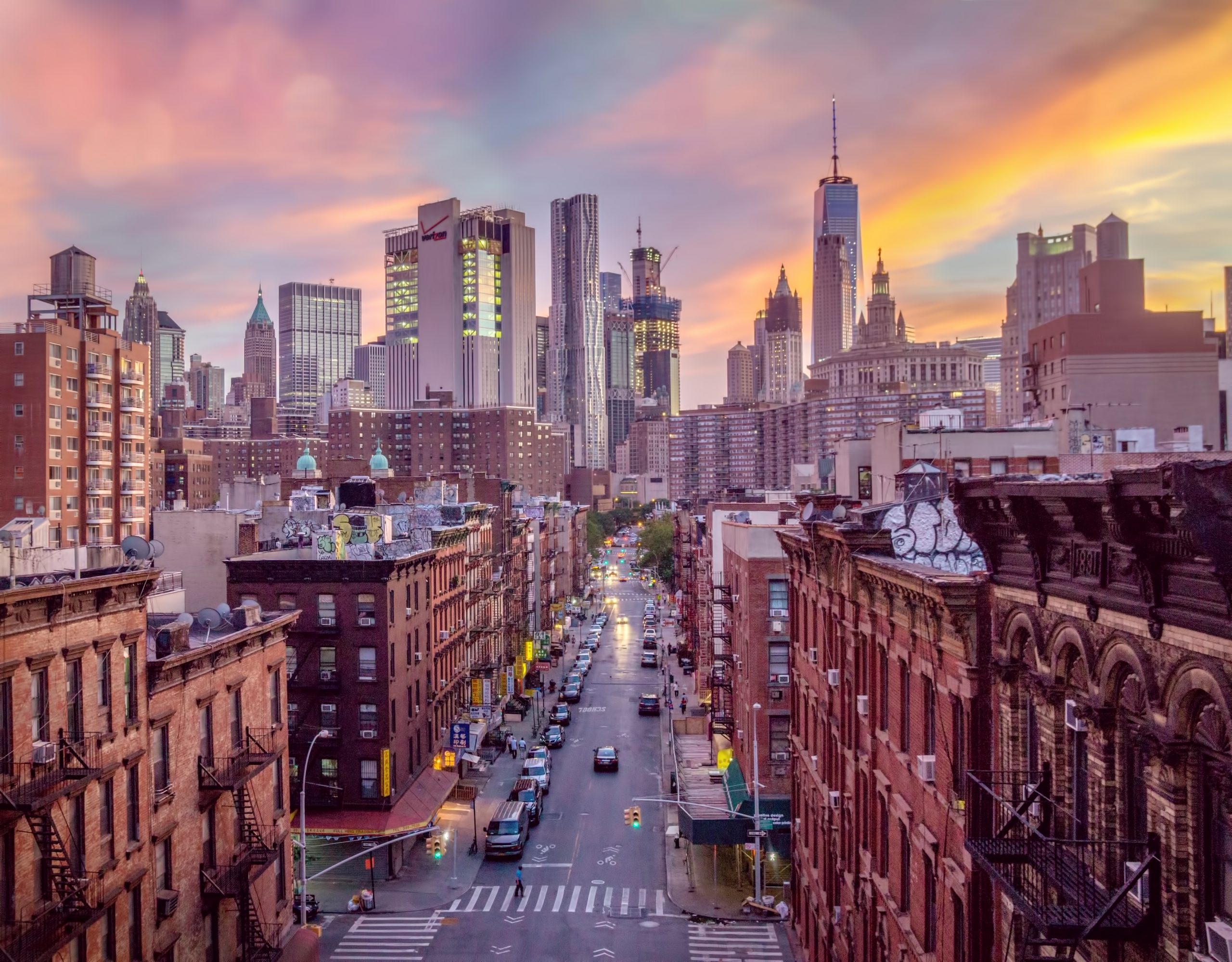
As it stands, New Yorkers are already not allowed to offer short term rentals without also occupying the unit at the same time. This rule is included in the New York State Multiple Dwelling Law (MDL), which prohibits non hosted rentals in Class A buildings. Most buildings in NYC are Class A multiple dwellings, which include buildings occupied by three families or more. These rules do not apply to “private dwellings” like one or two family homes, or to long term rentals (exceeding 30 days).
In multiple dwellings, legal listings tend to be for portions of a home, not for the full home. This designated guest space can be legally rented as long as the host remains on the property during the duration of the stay, and abides by all of the other rules and guidelines.
Subletting Rules and Regulations in NYC
On top of the Multiple Dwellings Law, there are also many other laws, rules, and regulations surrounding subletting and short term renting in NYC. There are too many to go into detail here, and it may vary based on your specific situation. Take a look at the rules below, and be sure to do your due diligence on each of these topics before deciding to list your home on Airbnb
It is generally illegal to list your home for short term rental if:
- You have more than two paying guests at a time in your rental
- You are renting out an attic, garage, or cellar
- You are not a “natural person,” meaning you are renting your unit as a corporation
- You are listing a rent stabilized or controlled unit
- You are in violation of zoning laws
- Your lease specifically restricts short term rentals and subletting
- Your condo or co-op board has rules against subleases
- You fail to get a certificate of occupancy on your space from the NYC Department of Buildings (DOB)
Use the links above to get started on your research and find out if you are able to legally rent your unit. As always, if you are uncertain you should consult an attorney for legal advice.
Laws Against Advertising Airbnbs
Another thing to consider before hosting on Airbnb is that it is illegal to advertise your listing if you live in a Class A building (and you probably do). This is part of the Multiple Dwellings Law and, like all other laws related to Airbnbs in NYC, is enforced by the Office of Special Enforcement (OSE). Fines for violating the advertising law begin at $1,000 per incident.
How to Register Your NYC Airbnb
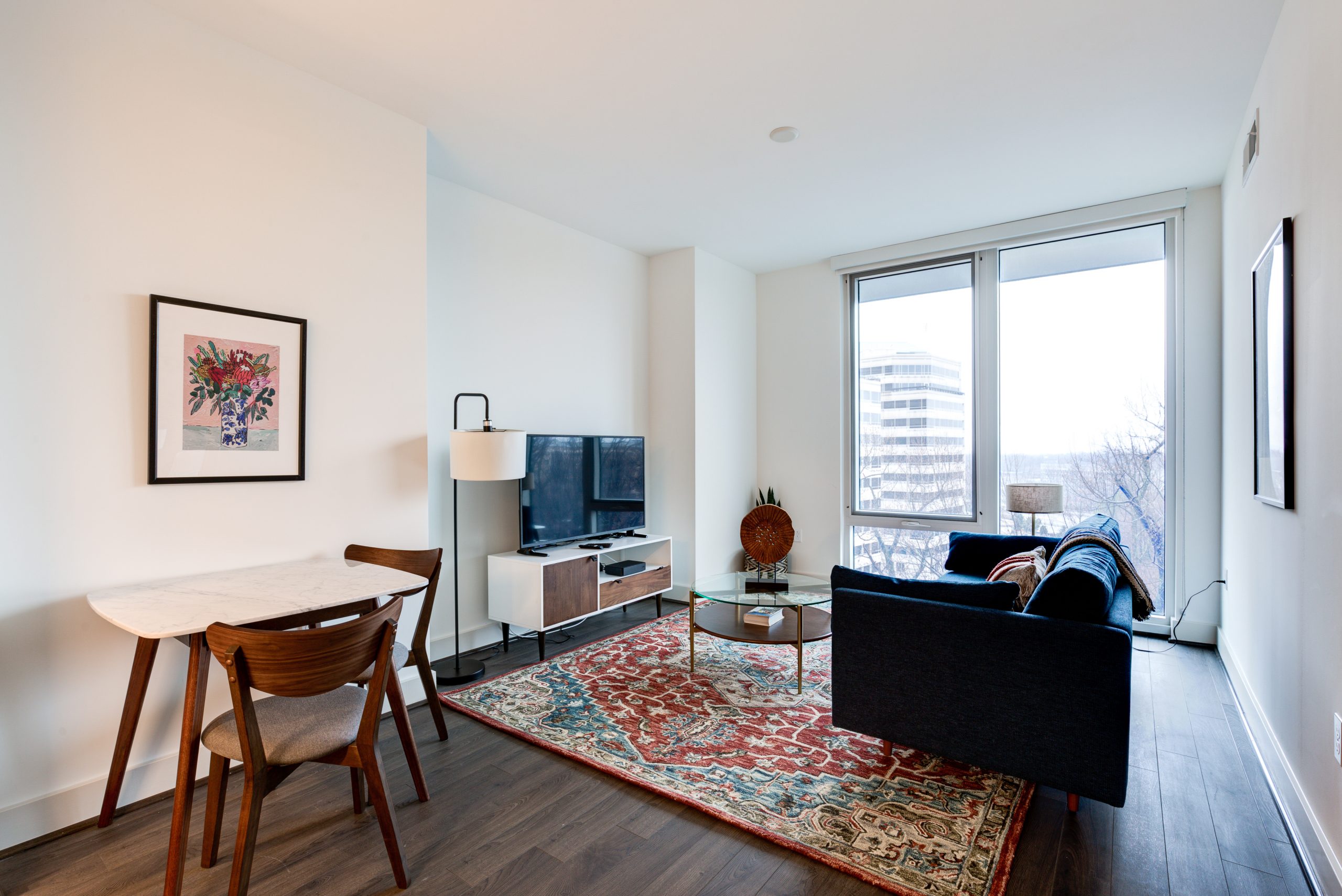
If you are undaunted and believe that you can meet the requirements to legally host on Airbnb, then you should gather your proof and begin the process of registering with the OSE.
Learn About Applying Online
You can apply on the Office of Special Enforcement’s website here. That web page also has a lot of information and answers to frequently asked questions. If you cannot find the answer you need, then you can send your questions to an OSE representative through the form at the bottom of the page.
Use the Short Term Rental Registration Portal to Apply
To begin your application, go to the Short Term Rental Registration Portal. This portal allows you to apply to be a host, and it also allows building owners to apply to be listed as a prohibited building. As you apply, you will be asked to provide the information and proof outlined here. It includes things like a valid ID or other proof of identity, proof of residency, and financial information.
The OSE will also require that applicants read, and understand applicable laws and codes before the application can be completed. Once submitted, the applicant will be charged a $145 fee for the registration.
Terms of the Registration
Once completed and approved, the registration will last for four years unless the host has to move. If you vacate the registered property, then you will need to reapply at your new home before you can begin hosting again.
After the four year period, hosts can reapply at the same location using the online portal. They may be required to provide updated information if anything has changed or to certify the continued legitimacy of the rental.
If hosts violate any Airbnb laws after they receive approval, then the OSE can revoke their registration after sending them proper notice and allowing them the chance to argue their case or rectify the situation.
Airbnb’s Response to the New NYC Rental Law
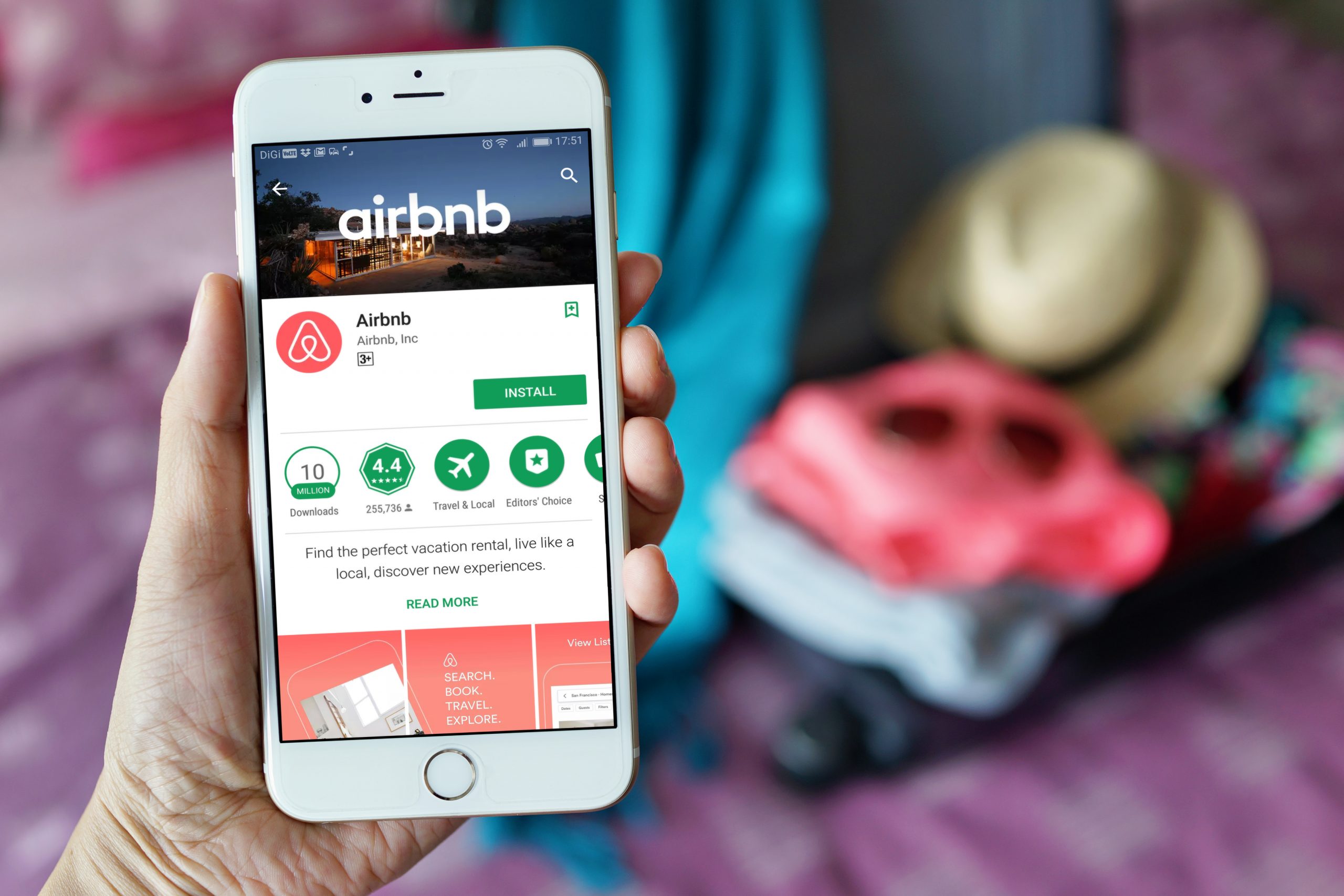
Airbnb opposed the implementation of this law, but they are nonetheless “committed to finding a way forward” in New York City. On their website, they have outlined their response to NYC’s laws and regulations, as well as provided information on the part they play in providing host’s information to the city.
New York City Data Sharing Requirements
In order to stay in compliance with New York’s laws, Airbnb will now be required to share hosts data with the city.
This information includes the following information about the host and co-host of the rental:
- Full name
- Address
- Phone number
- Profile ID
- Profile URL
- Total transaction history on the platform
- Account name and anonymized identifier
Airbnb will also be required to share the following information about the rental:
- Address
- Listing name
- Listing ID number
- Listing URL
- Type of listing
- Total number of booked nights
Airbnb does not have to share this data if your rental is for more than 30 days, is part of a Class B building (AKA a hotel), and private or shared rooms that can host 2 or fewer guests.
For more information on how Airbnb is handling the changing NYC laws and regulations, check out their New York, NY page on their online help center. They discuss issues of particular interest to NYC hosts, including things like rental taxes and business licensing.
Keep Up with NYC’s Airbnb Laws with New Dev Rev
At NewDevRev, we know this is all pretty complicated. The NYC real estate market is ever changing, and state and city laws are constantly on the move to keep up. As the landscape continues to shift, NewDevRev will be here to keep you up to date.
